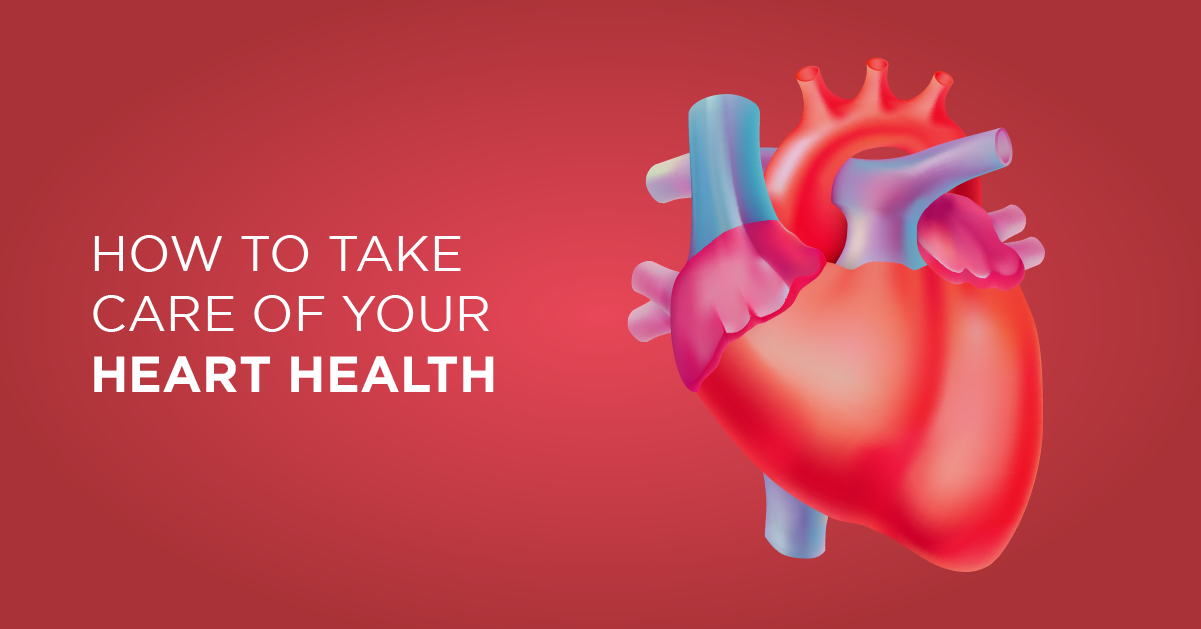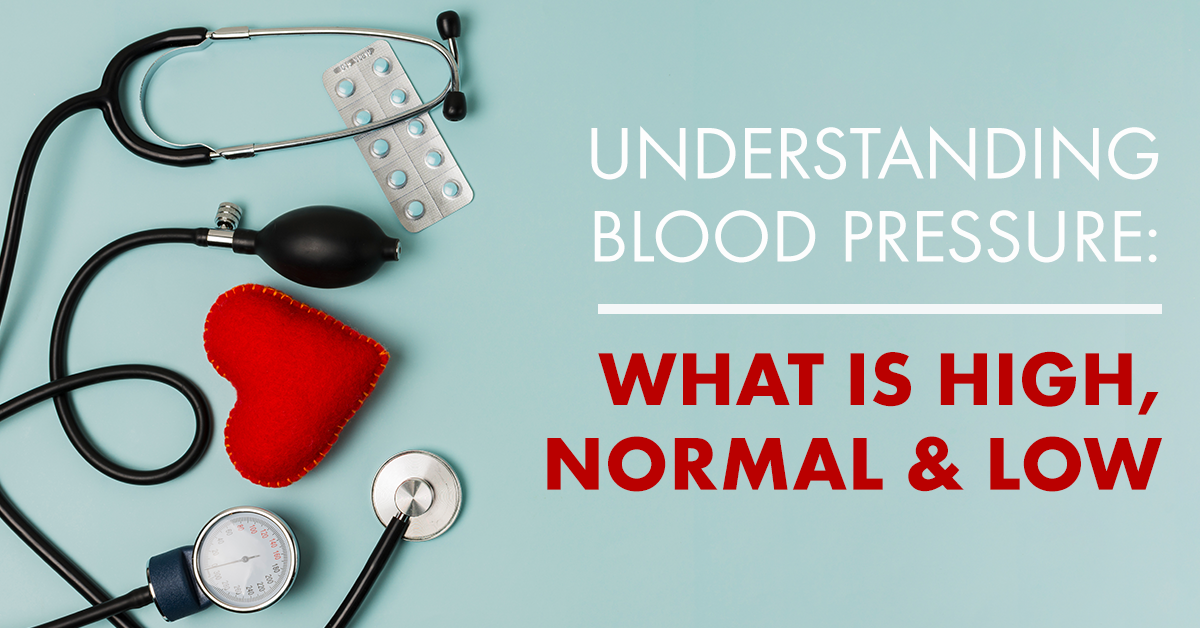Contrary to its name, Heart Failure does not mean the heart stops working altogether. But, it is a chronic and progressive condition where the heart muscles are weakened, and as a result, it does not pump as much blood as it should. The body’s ability to absorb oxygen in the blood is as good as the heart’s level of blood pumping. When the heart fails to deliver oxygen-rich blood to various parts of the body, the body starts underperforming, resulting in fatigue and shortness of breath. Doing everyday activities like walking, climbing up the stairs, etc., becomes difficult.
Blogs
Heart disease is by far the leading cause of death. Heart problems like high blood pressure can lead to premature heart failure, heart attacks, strokes, and other life-threatening conditions. The good news is about 80 per cent of all cases of cardiovascular disease are preventable. You can lower your risk markedly by making some changes to your lifestyle including doing some things that are easy, simple, and even enjoyable. Here are some ways to keep your heart healthy
There's a good reason why every doctor's appointment starts with a blood pressure check. Most people are unaware that they have it because it is largely symptom-less. But what is Blood Pressure?
One of the leading causes of death worldwide, heart disease refers to issues and deformities in the heart. It is an umbrella term used to describe a wide range of conditions affecting the heart, heart’s muscle, blood vessels, heart rhythm as well as congenital heart defects. Depending on the part of the organ that is affected, heart disease can be of the following kinds:
While regular exercise and a healthy diet come a long way in ensuring that your heart remains healthy, taking care of these 4 additional things can greatly reduce the risk of heart disease. Replace trans fats with healthy fats: Industry-produced fats found in packaged goods, snacks and fried fast foods contain a lot of trans fats. While the human body requires saturated, poly-saturated and unsaturated fats, trans fats only clog the arteries by raising bad cholesterol levels (LDL) and lowering good cholesterol levels (HDL).
Nearly one-third of all deaths worldwide are attributed to heart disease. Surprisingly enough, it can easily be prevented by making some smart yet easy lifestyle changes. Inadequate exercise, poor diet, consumption of tobacco and stress are some of the leading factors that increase the risk of heart disease among individuals of all age groups. One the other hand, certain food groups can improve heart health and incorporating them in your regular diet can keep heart problems at bay. Here is a list of things you can do to keep your heart young, fit and healthy
You merely don’t inherit skin color, height, or eye color through your genes, it can also be the probability of having a heart attack. Studies have indicated that, if heart diseases run in your family, then you are very likely to develop them too. Another disturbing factor is that there are many types of hereditary conditions such as congenital heart disease (at birth) to atherosclerotic (due to aging), all of them are hereditary.
Affecting millions worldwide, hypertension or high blood pressure is a common health condition nowadays. When the force of your blood pushing against the walls of your arteries is higher than normal, it is called hypertension. The exact causes of this disorder are not known but lifestyle factors like smoking, obesity, lack of exercise, excessive salt intake and alcohol consumption are major contributors to this disease.
When it comes to keeping our hearts healthy and disease-free, an active lifestyle and a balanced diet are a must. Read along to learn some effective ways to keep your heart healthy. Exercise Regular exercise can reduce your risk of developing heart disease. It can also be a great mood booster and stress buster. 1 Give up smoking If you’re a smoker, quit. Smoking is one of the main causes of coronary heart disease. A year after giving up, your risk of a heart attack falls to about half that of a smoker.
Angioplasty also called percutaneous coronary intervention (PCI), is a procedure used to open blocked coronary arteries (caused by coronary artery disease). It restores blood flow to the heart muscle without open-heart surgery. Angioplasty can be done in an emergency setting such as an acute heart attack or in an elective setting when heart disease is strongly suspected from non-invasive testing.

 Call-an-Ambulance
Call-an-Ambulance













